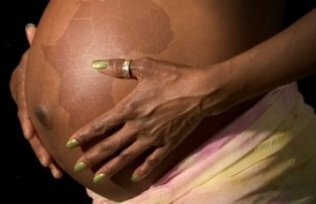copyright (c) 2011 NICHE
Site by websculptures
Sitemap
Impact of reproductive health services on socio-economic development in sub-Saharan Africa: connecting evidence at macro, meso, and micro-level
Whereas knowledge regarding the operational design of reproductive health is increasingly available, its impact on social and economic development is still poorly understood. This project analyzes the interactions and sequencing between reproductive health and poverty at individual/household, community and district level, relying on three datasets. Key attention is given to the likelihood of RH shocks amongst adolescents and the impact of availability and use of various types of reproductive health services on (changes in) assets and investment behaviour.
The research relies on Demographic and Health Surveys and WB-LSMS panel data on individuals and households with differential use of reproductive health services and practices, followed by detailed assessment of the likelihood of changes in wealth status (asset poverty, willingness to invest and risk attitudes). Additional experimental research will be carried out among respondents of the WB-LSMS panel. The combined analyses provide new insights in how specific reproductive health services can reduce poverty incidence, and generate evidence-based policy and programme recommendations.
This project is funded through NWO / WOTRO and PopDev (Hewlett foundation). Partners in Tanzania include Muhimbili University of Health and Allied Sciences (MUHAS), Dar-es-Salaam University, and in the Netherlands Prof. Ruerd Ruben (Radboud University, Development Studies CIDIN) , Jeroen Smits (Faculty of Management Studies).
Related publications:
